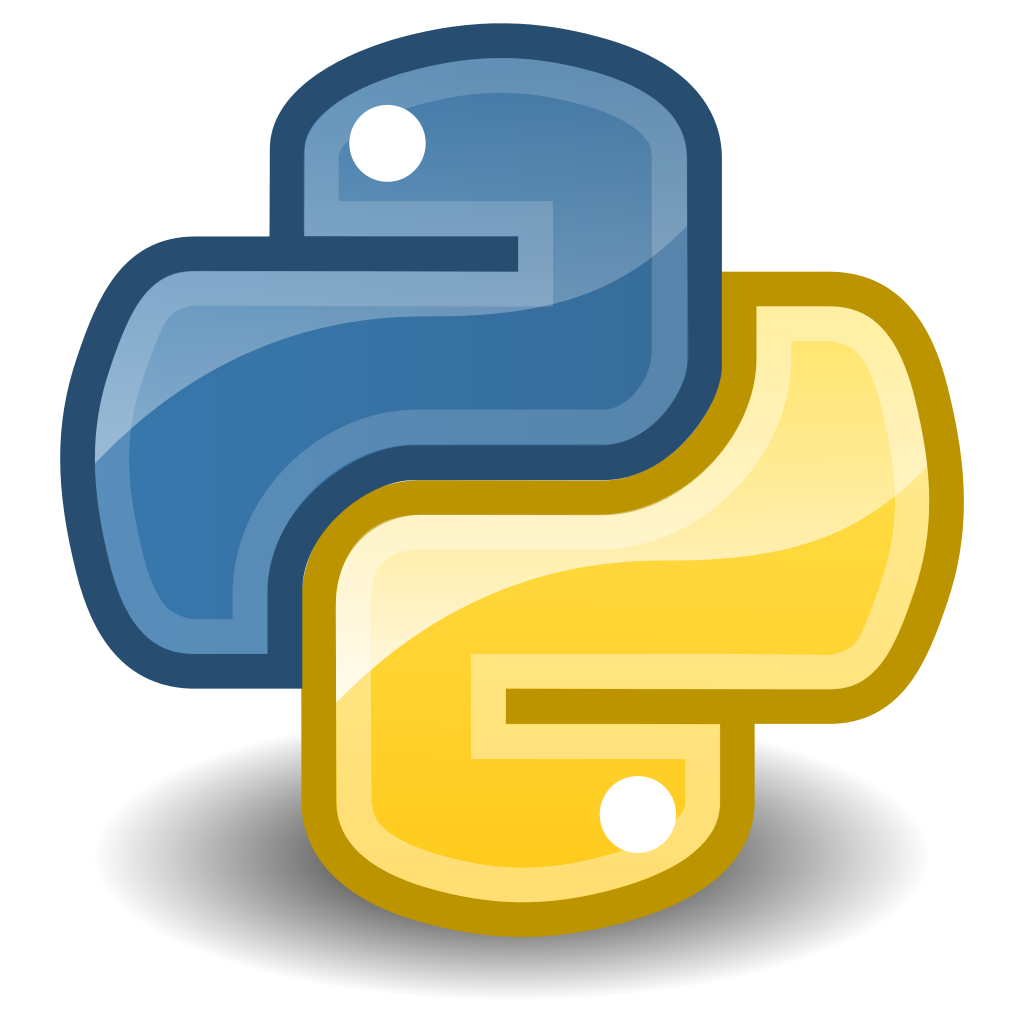Python is a very popular programming language today and often does not need an introduction. It is widely used in various business sectors, such as programming, web development, machine learning, and data science. Given its widespread use, it’s not surprising that Python has surpassed Java as the top programming language. In this article, you will discover the top ten reasons why you should learn Python.
What is the Python
Python is a high-level, object-oriented programming language with built-in data structures and dynamic semantics. It supports multiple programming paradigms, such as structures, object-oriented, and functional programming, which was created by Guido van Rossum. It is an interpreted, general-purpose programming language. Its design philosophy emphasizes code readability with the use of significant indentation. Python is dynamically typed and garbage-collected. It supports different modules and packages, which allows program modularity and code reuse.

Python was initially started as a successor for the ABC programming language. According to the LaTeX-based early Python documentation (1991), the goal of Python was to offer a better programming language for scripting by filling the gap between C and traditional Shell scripting languages. The issue is that you can’t access C-based operating system APIs natively in Bash. On the other hand, writing Shell scripts in C is indeed more time-consuming than Bash. Python became one of the most popular languages because of the simple syntax, full-featured standard library, rich open-source library ecosystem, and advanced frameworks. New features like type hints and impressive open-source libraries/frameworks make Python suitable for enterprise apps.
Better Practical Alternative
A lot of tech companies do a series of interviews to find top engineering candidates. These interviews usually include technical, HR, and management, etc. In technical interviews, interviewers often ask candidates to write pseudocodes for various algorithmic challenges. Pseudocodes are good, but they come with a small problem. Pseudocodes typically don’t have a standard syntax, so candidates often tend to borrow some syntax from their favorite languages. As a result, candidates write various pseudocodes for one technical problem.
What if we have a standard pseudocode syntax? How about pseudocode syntax, which actually works as a programming language? Writing the Python code is undoubtedly more productive than writing traditional pseudocodes. Almost all on-site development interviews typically test candidates’ analytical skills — not how many fancy syntaxes they know in a specific programming language, so using Python in technical interviews saves everyone’s time.
Usability & Flexibility
Programmers initially used Python on personal computers for various general-purpose scripting requirements like automation. Later, programmers started writing GUI apps and web apps with Python. Now, Python programmers can use the Kivy. Again, not only is Python easy to learn but also, it’s flexible. Over 125,000 third-party Python libraries exist that enable you to use Python for machine learning, web processing, and even biology. Also, its data-focused libraries like pandas, NumPy, and matplotlib make it very capable of processing, manipulating, and visualizing data — which is why it’s favored in data analysis. It’s so accommodating, it’s often called the “Swiss Army Knife” of computer languages.
Career & Earning Potential
Going hand-in-hand with lightning speed growth, Python programming is in high demand for jobs. Based on the number of job postings on one of the largest job search platforms, LinkedIn.com, Python ranks #2 in the most in-demand programming languages of 2020.
As Python is the second-highest paid computer language, you can expect an average salary of USD 110,026 per year. Nothing to cry about! If you can land a job with Selby Jennings, you’ll earn the most. The average salary there is USD 245,862. Amazing!
Python Security
The Python Software Foundation and the Python developer community take security vulnerabilities seriously. A Python Security Response Team has been formed that does triage on all reported vulnerabilities and recommends appropriate countermeasures. To reach the response team, send an email to security at python dot org. Only the response team members will see your email, and it will be treated confidentially.
The PSRT mailing list is tightly controlled, so you can have confidence that your security issue will only be read by a highly trusted cabal of Python developers. If for some reason you wish to further encrypt your message to this mailing list (for example, if your mail system does not use TLS), you can use our shared OpenPGP key, which is also available on the public key servers.
Incredibly supportive community
While programming is often misinterpreted as a solo-sport, one of the greatest tools a programmer will ever have is the support of their community. Thanks to online forums, local meet-ups, and the open source community, programmers continue to learn from and build on the success of their predecessors. GitHub is where developers store project code and collaborate with other developers. With over 1.5M repositories on GitHub and over 90,000 users committing or creating issues in these repositories, Python has the second largest GitHub community.
In addition to online communities, Python User Groups are places where developers can meet others working with Python to share resources and solutions and cheesy Python jokes.
Conclusion
Now that you know the reasons to learn Python Programming, and how it can give you a career boost, the next step is simple. You just have to learn the code and start utilizing it. Python has become the language of choice for AI researchers, who have produced numerous packages for it. Reusing, recycling and improving other programmers’ code is fundamental to being a successful programmer, which is why Python’s robust programming communities help make it a solid programming language to learn.
Article published on May 30, 2022
If you like this article, please share it:
|
Tags: Development, programming language, Python